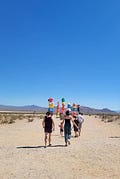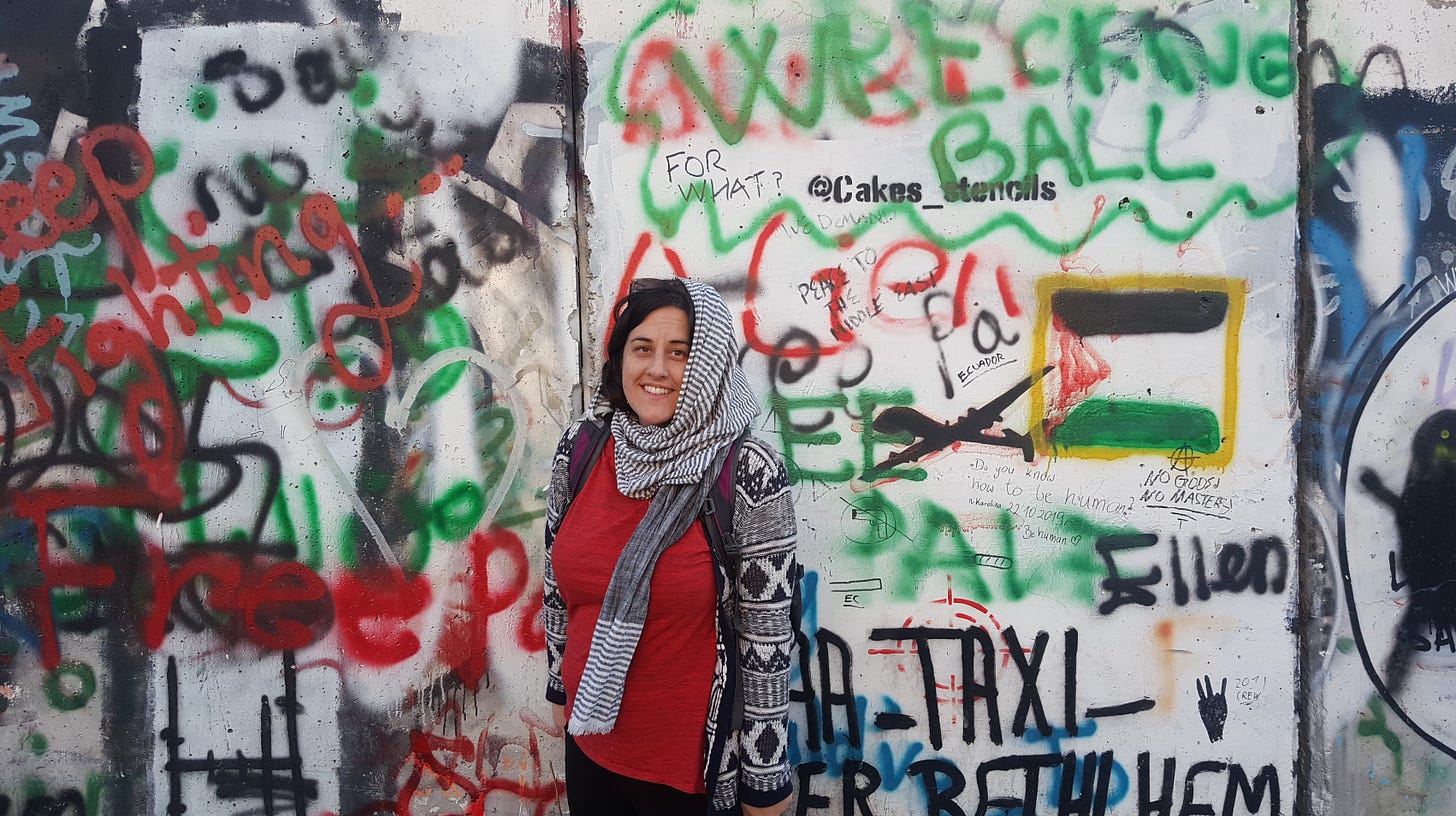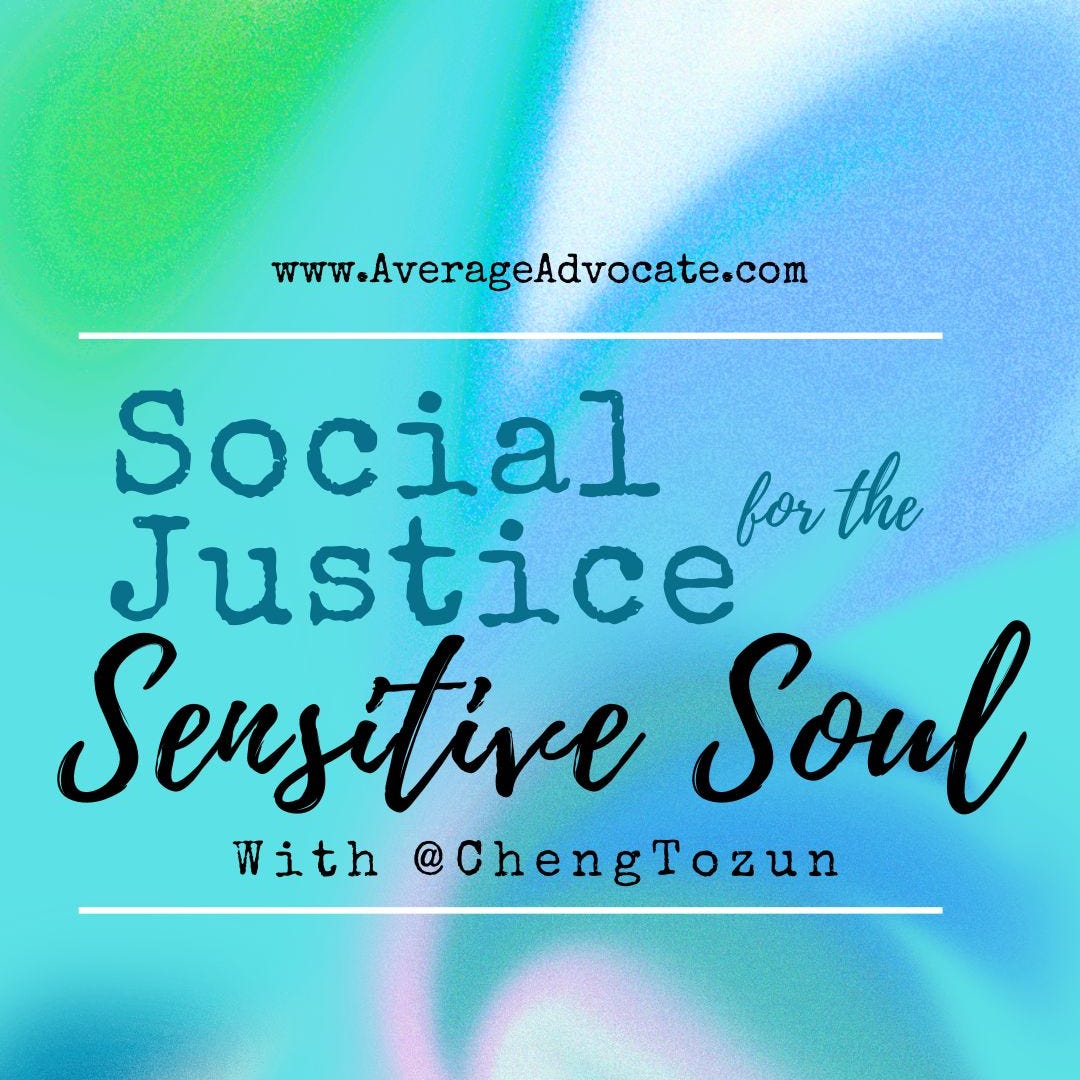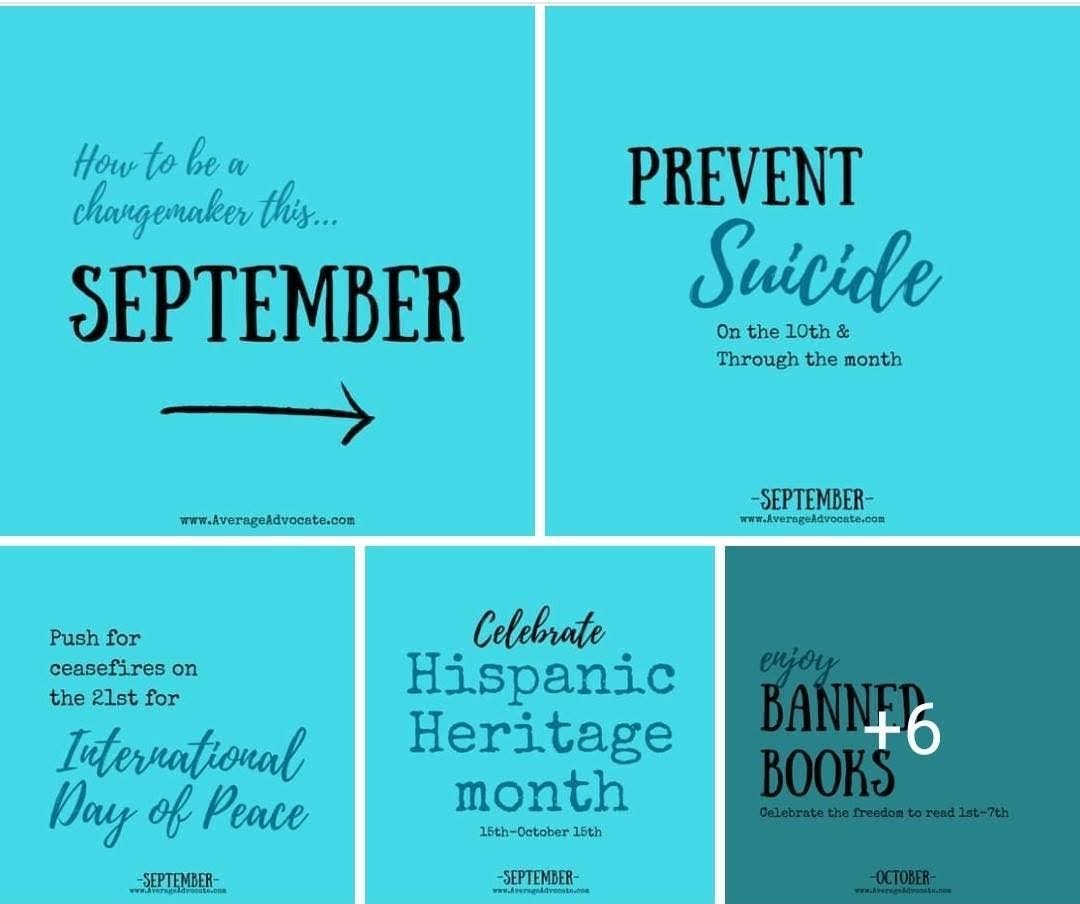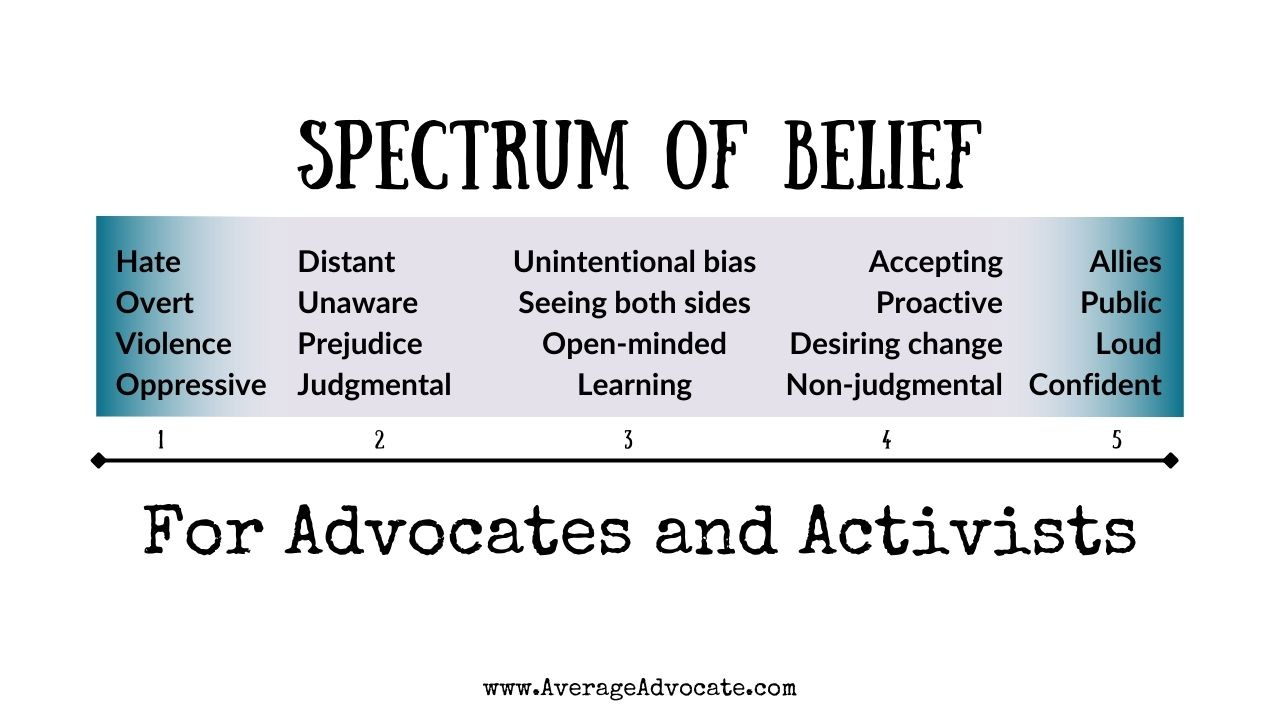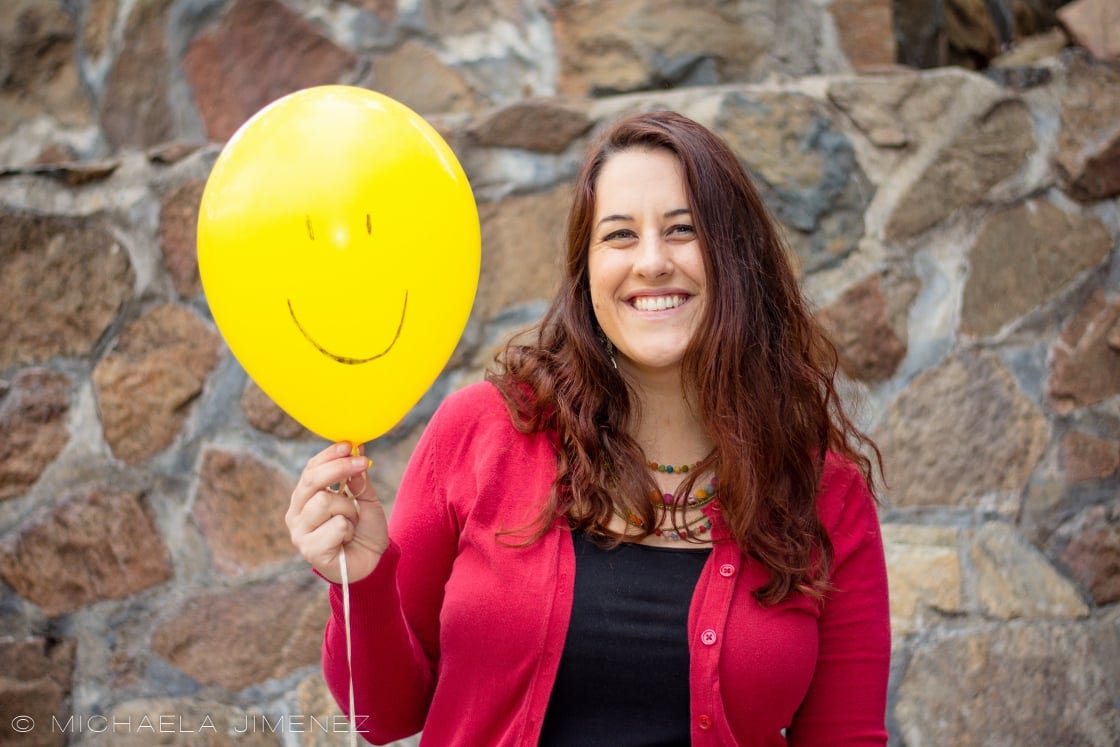Hey Changemakers!
Impressively, this email has been sitting nearly completed and open on my computer for three months. So why didn't I send it? I didn’t exactly sleep through the summer (and then some), either. But life happened: kids were everywhere, trips were adventured upon, my cellphone was thrown into a river, and a few bouts of illness added up to my need to tuck away for a little while.
I’m starting to yawn and stretch awake. And yet, looking at my IG feed about wars and rumors of war, and all the POLITICAL news just makes me want to climb back into my hole.
This research stood out to me:
“Many Americans might feel sympathy for both the Palestinians and Israelis, but are actually unsure what they believe about the war…” (PEW RESEARCH)
It seems particularly challenging to do good better, live in our purpose, make a better world, etc… WHEN WE DON’T KNOW WHAT WE BELIEVE. And it isn’t just about Israel/Palestine. It is everything from politics to what role we should play in advocating in our kid’s classes at school.
Makes sense we would just stand back and watch when we don’t know what we believe, right? Or try to hide in our hidey-holes?
In the Spring, we talked about How to Sustainably Engage With The Media to prep us for this season of all the information (and apparently I heeded my own advice to cocoon). But now it time to get set up to manage the CONFUSION we face as all.the.things.getting.addressed.
As always, here is a list of what I’m covering.
Go to what might help you below:
1.) How To Be An Advocate When You Don’t Know Where You Stand
2.) What Justice Means Within Our Faiths
3.) When You’re Not an Activist
4.) September Advocacy Ideas
5.) Spectrum of Belief
#1. How To Be An Advocate When You Don’t Know Where You Stand
How do we engage in advocacy when we don’t know where we stand on a social issue? One of the most divisive topics right now is what is going down in the Middle East, specifically between Palestine and Israel. This is a good example of how people respond (or don’t respond) when they don’t know what they believe about a social issue.
This is a extensive article looking at why people believe different things regarding Palestine/Israel. HOWEVER, at the bottom it will get to what we can ALL agree on. And this might just be what you need. READ IT HERE.
“People matter, even if the political structures around them are confusing or seriously messed up.” -Elisa Johnston from When You Don’t Know Where You Stand
#2. Your faith framework
I might be a follower of Jesus, but I’ve never viewed Average Advocate as a Christian blog. People from many worldviews gather here on our shared vision to make the world a better place.
My faith perspective motivates me and shapes what I create here. But I don’t usually go all in on teaching about justice from a faith perspective in this space. However, as belief always motivates action, understanding our faith frameworks is an important starting point to guide us on social issues.
This last Spring (you can read the story here at
) I was invited to write a column for the religion magazine, Patheos. This is called Flourishing Faith and Justice. My intent is to answers the question, “What does justice even mean to a Christian?” to help us reanimate our faith for a more flourishing world. You can sign up here specifically just for these posts (although on occasion, I’ll add them in here, too!)As this is a religion magazine (representing many faiths) it is possible there is another colonist there representing your worldview and how it relates to justice. And of course, you’re always welcome to discuss with me your differing perspectives. I love curious conversations around faith + justice!
#3. When You’re Not an Activist
Have you ever felt like you didn't fit the model for classic activism? That you were too empathetic, too normal, too interested in technology, or too sensitive to engage in social change? It's probably way many people don't relate to the term "activist," even if they care about the world becoming better.
Dorcas Cheng-Tozun is the QUEEN of not fitting the mold, even though she tried for many years, and eventually burned out. Eventually, she determined history probably has a different path to teach us, and so she researched and learned new ways of activism. Or more accurately, they are not new ways, but are often not noticed. This is what inspired her to write her book, Social Justice for the Sensitive Soul. Not only did she write a thought-shifting book, but Dorcas helps us everyday changemakers figure out where we fit in the puzzle.
If the term "activism" makes you feel exhausted, this episode of Justice Daily is for you!
#4. September Advocacy Opportunities
We might be on the last week of September, but that doesn’t mean we’ve missed out on learning from and connecting with its advocacy days and awareness causes!
Check out the wide resources and communities already focusing on these areas of social change this month. This is an easier way for us to be less overwhelmed while engaging in meaningful social action.
#5. Spectrum of Belief
Belief is not as always a straightforward “for” or “against.” Understanding we are on a spectrum of belief allows people to value two things at once, or as my therapists call it, a dialectic…I needed the time because beliefs don’t change in a heartbeat, especially when your values feel like they are in tension.
I’m curious, what helps YOU when you don’t know what you believe? Let us know about them in the comments! I would love this to be a conversation!
And as always, feel free to schedule a coaching/consulting session with me and we’ll take an hour to help you work through your framework of beliefs so you can better be prepared for this political session and in general, be the changemaker you’re born to be!
Until next month, from another everyday advocate,
P.S. Now that I’ve finally been getting back to work again, I am FINALLY about to launch my two books I published! Stay tuned for that special email!


